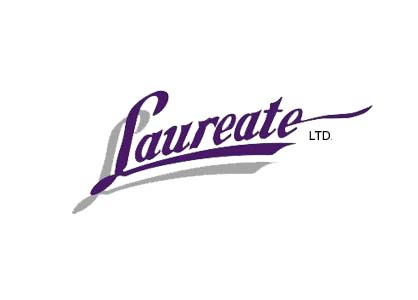The average renter in the US pays $1,326 a month, but this can vary a lot based on a range of factors.
Rental properties can help you generate a lot of income, but you may not know if an investment is actually worth it. You want to make a good return on investment (ROI) on any asset you invest in. Through rental valuation, you can make better-informed decisions when it comes to rental property investments.
In this guide, we'll take a look at the main rental valuation methods so you can make the most out of your rental properties. Keep reading for more.
1. Sales Comparison Approach
Of the various rental valuation strategies, this might be the most well-known. It involves comparing similar homes to see typical sale or rent prices.
Many evaluators and real estate agents use this method, and it's common to use price per square foot as a metric. Bear in mind that this is a generic method that doesn't factor in the specific features of a property. As such, it should be used as a starting point rather than a perfect valuation tool.
2. Capital Asset Pricing Model
CAPM is a more comprehensive method that looks at the potential ROI of a property. It does this by assessing the rental income and comparing it to other assets that have no risk (such as REITs).
The idea is to determine if investing in a rental property is financially logical. If a risk-free or guaranteed investment has a higher potential ROI, then it makes more sense to invest in that rather than the property you're considering.
3. Annual Capitalization Rate
This method involves dividing the net operating income (NOI) by the current property value. If a property costs $500,000, for example, and the expected NOI is $50,000, then the annual capitalization rate is calculated as 50,000 ÷ 500,000 = 0.1 (or 10%).
This is a simple method to use, but it isn't the most accurate. It involves some assumptions and doesn't factor in things like interest expenses or mortgages. Rent prices can change with time too, so they may be higher or lower in the future.
4. Gross Rent Multiplier
The GRM approach can provide the rental value by looking at the amount of rent the investor can collect each year. It's a quick way of figuring out whether or not an investment is worthwhile.
Take this with a pinch of salt, as (like some other methods) it's not entirely accurate. It doesn't factor in things like insurance, utilities, or various other expenses.
5. Cost Approach
This approach uses the idea that a property should cost as much as it would cost to build a similar property from scratch. This takes into account the cost of the underlying land and any site improvements or constructions that would be necessary. You should then be able to see which of the two makes more sense financially.
Professional Rental Valuation
Rental valuation using any of these methods can help you make the right investment decisions, but they're not always easy to implement. A professional property manager can help with these so that you can be better informed.
Laureate, Ltd. is a professional property management company in Denver with over 40 years of experience. Contact us today to find out more about how we can help you with rental valuation.



